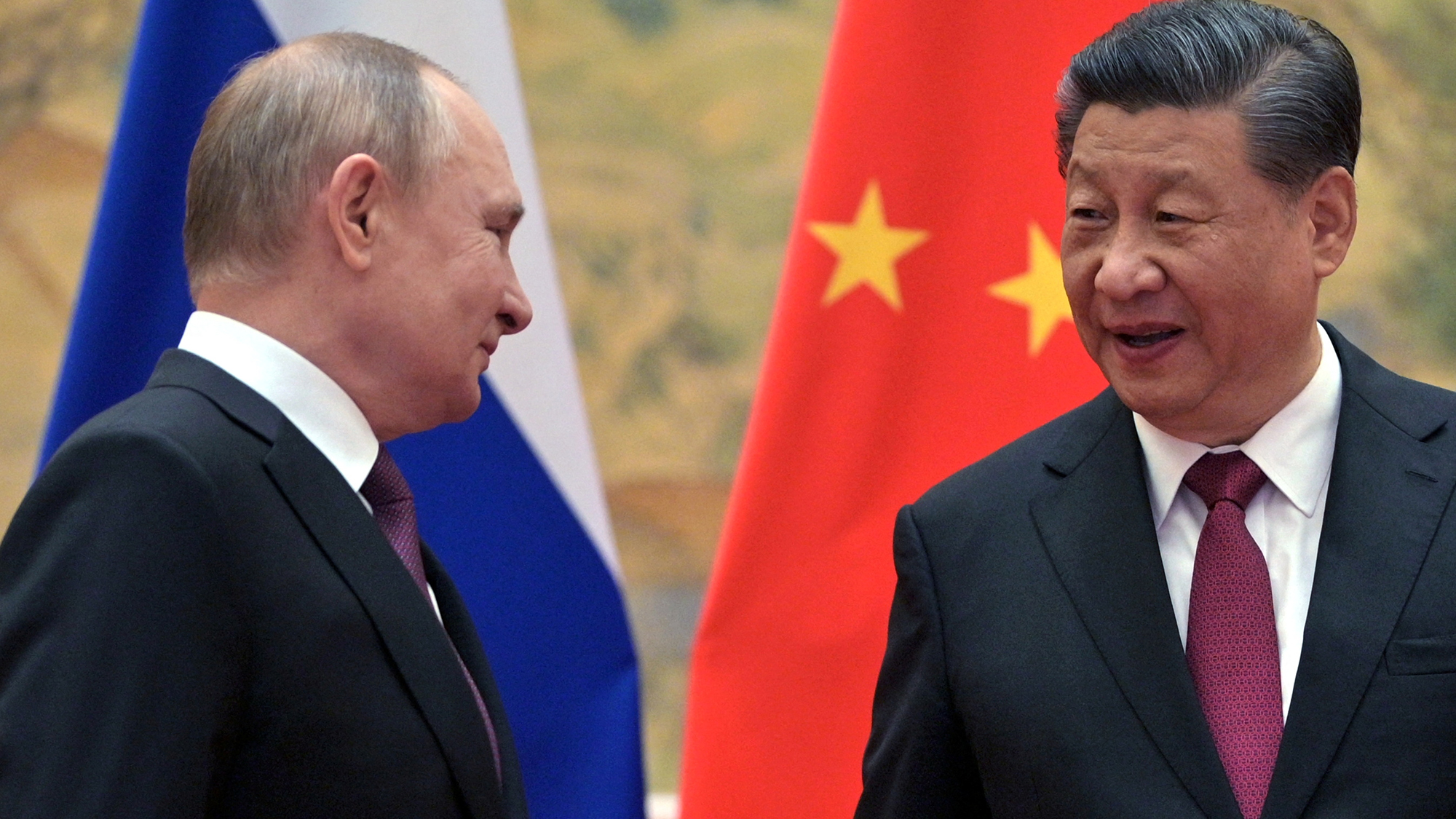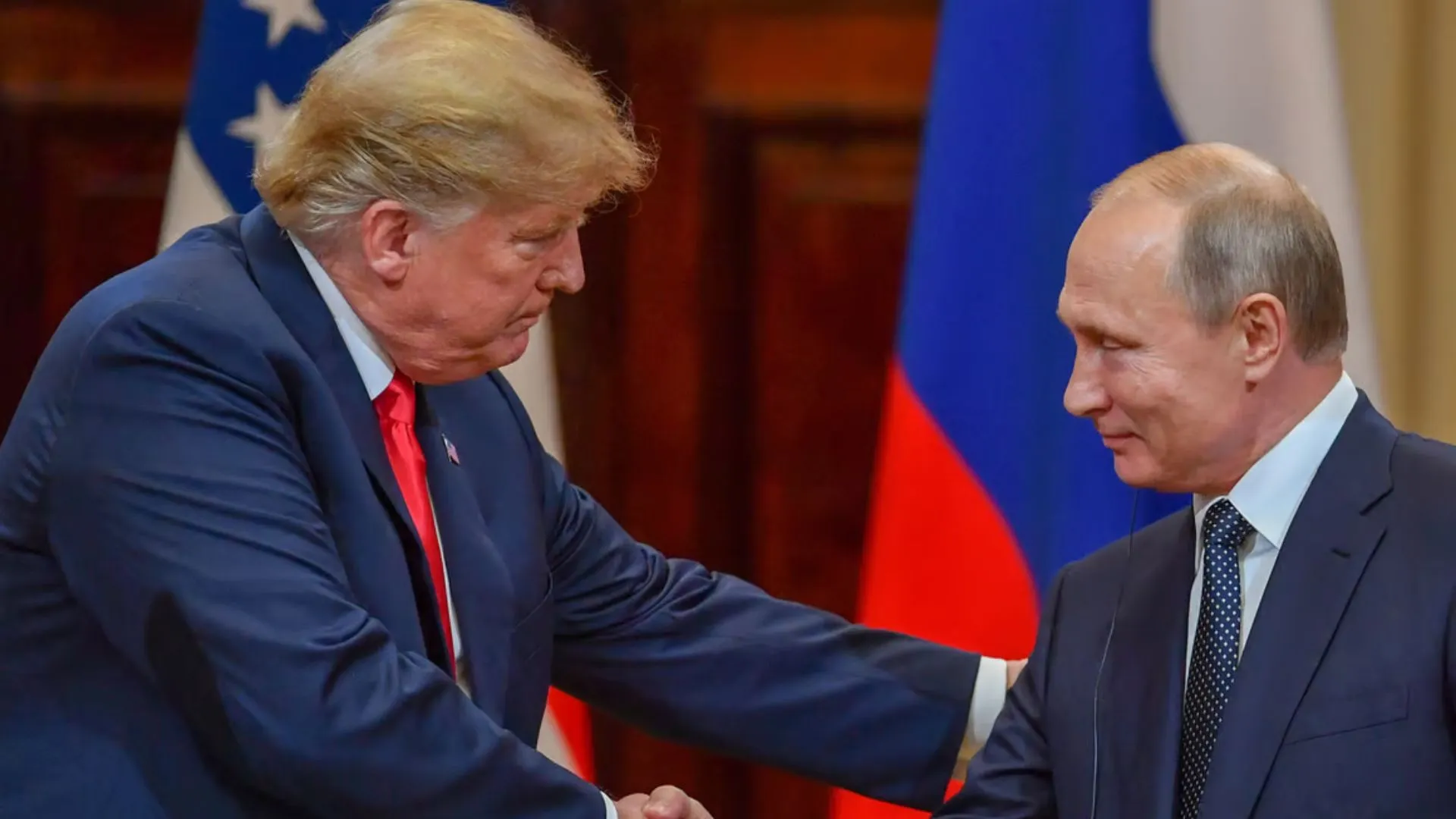Trying to strengthen trade ties with the EU while also supporting the Russia-Ukraine conflict is a delicate balancing act that is likely to become unstable in the coming months for China, according to an article on Portal Plus authored by Valerio Fabbri, because what the communist nation seeks to achieve in collaboration with Russia is fundamentally in conflict with the EU’s requirement for border security.
Any diplomatic gimmicks China pulls in relation to talks with Ukraine are thus untrustworthy and will simply paralyse EU efforts to reduce China’s role in the Ukraine issue. As China attempts to hack its way into stronger capabilities, restrictions on high-tech exports to and from China are likely to be another factor in putting Europe’s cybersecurity capabilities to the test. Today, China supplies 90% of the rare earth metals used in the EU.
Another source of concern will be the upcoming test of the EU’s cybersecurity capabilities. Member states are deeply divided when it comes to opposing Chinese meddling in their domestic politics, according to Portal Plus.
There are significant security and information-manipulation threats in Europe, and there is a growing need to systematise risk mapping and develop defence tools against Chinese attempts to unsettle the region’s politics.
The EU and China will most likely have pointless discussions about Ukraine until there are sufficient assurances of withstanding shocks. China, on the other hand, will try to strengthen these ties in order to prolong the conflict because it benefits from Russia’s involvement.
When Taiwan’s ties to the US are strengthened, Beijing will unavoidably respond, and the EU must be prepared with the necessary tools and willpower to have a significant impact on China’s Russia policy. According to Portal Plus, any EU intervention in Taiwan will be interpreted by China as an alliance with the US.
In terms of defence, the EU is steadfast in its support for NATO as a guarantee of regional security. On the other hand, China is attempting to destabilise the region through its Belt and Road Initiative (BRI) investments, which have been called into question on numerous occasions due to the failure or freezing of the majority of projects, according to Fabbri.
Smaller countries are a good example of this, such as Montenegro, which spent more than USD 1 billion to build a 41-kilometer-long highway. According to Portal Plus, this was a debt trap that was also corrupt, especially for a country with a small, declining GDP.
According to Valerio Fabrii, writing for Portal Plus, the EU’s lack of intervention is likely to fuel Chinese aggression and persuade it that its ambitions of establishing a new world order that is not led by the US are correct.























